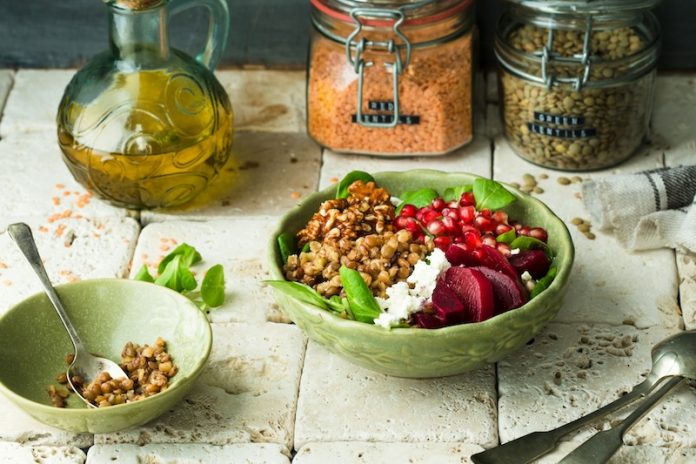
When we think about fighting cancer, we often picture medical treatments like chemotherapy and radiation. But what if the contents of your kitchen could play a role in this battle too?
It turns out, some everyday foods have properties that might help reduce the risk of cancer. This isn’t about miracle cures but integrating cancer-fighting foods into your diet as a proactive approach to health.
Cancer is a complex disease characterized by the uncontrolled growth of cells. It’s influenced by genetic, environmental, and lifestyle factors, including diet.
Research has increasingly shown that certain foods contain powerful compounds that can help prevent cancer. Let’s break down this science into bite-sized, easy-to-digest information.
Fruits and vegetables are the stars of the cancer-prevention diet. They’re rich in vitamins, minerals, antioxidants, and phytochemicals, which protect our cells from damage that can lead to cancer.
For example, cruciferous vegetables like broccoli, cabbage, and kale contain sulforaphane, a compound that has been shown to have anti-cancer properties in lab studies. It works by neutralizing harmful substances and activating protective enzymes in the body.
Berries also pack a punch in the fight against cancer. They’re loaded with antioxidants, such as vitamin C and ellagic acid, which can help prevent cellular damage.
Strawberries, blueberries, and raspberries have all been studied for their potential to inhibit tumor growth and protect against various types of cancer.
Whole grains are another ally. Unlike refined grains, whole grains retain all parts of the grain, including the fiber-rich outer layer. High-fiber diets have been linked to a lower risk of colorectal cancer.
Fiber helps keep the digestive system healthy, reducing the risk of cancer by moving waste through the gut more quickly and efficiently.
Then there’s the power of tea, particularly green tea. It’s rich in catechins, antioxidants that may inhibit cancer cell growth and spread.
Research has suggested that green tea could lower the risk of certain cancers, including breast, ovarian, and prostate cancers. It’s a simple switch that can add a protective brew to your day.
The Mediterranean diet, known for its emphasis on plant-based foods, healthy fats like olive oil, and moderate fish consumption, is often cited for its health benefits, including cancer prevention.
The diet’s focus on diverse, nutrient-rich foods helps to cover all bases in cancer prevention, emphasizing foods high in antioxidants and anti-inflammatory properties.
But how does this all work? The compounds in these foods can help protect cells from damage, reduce inflammation, and even assist in repairing damaged DNA, all of which can contribute to cancer prevention.
It’s like equipping your body’s defense system with more sophisticated weapons against potential threats.
It’s important to note that no single food or diet can prevent cancer by itself. However, a diet rich in these foods, combined with a healthy lifestyle, can significantly reduce your risk of developing cancer.
Think of it as stacking the odds in your favor by making choices that are known to have protective effects.
So, the next time you’re planning your meals or hitting the grocery store, think about how you can incorporate these cancer-fighting foods into your diet.
Whether it’s adding berries to your breakfast, opting for whole-grain bread, or sipping on green tea, these small changes can add up to a powerful preventive strategy against cancer.
Remember, eating well is just one part of a cancer-prevention lifestyle. Regular exercise, avoiding tobacco, and limiting alcohol consumption are equally important.
By adopting a holistic approach to health, you’re not just fighting cancer; you’re investing in a healthier future.
Follow us on Twitter for more articles about this topic.
Copyright © 2024 Scientific Diet. All rights reserved.





